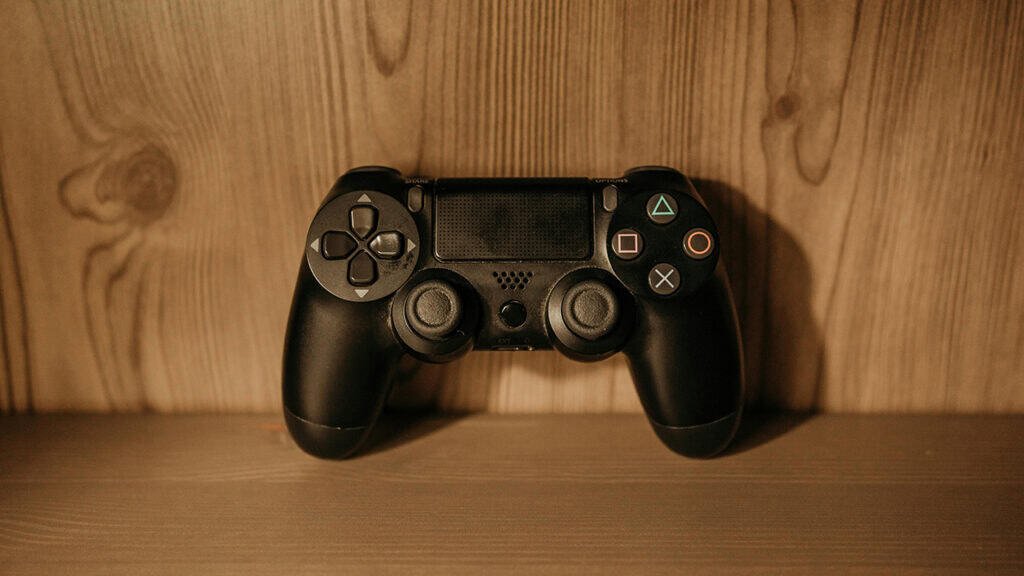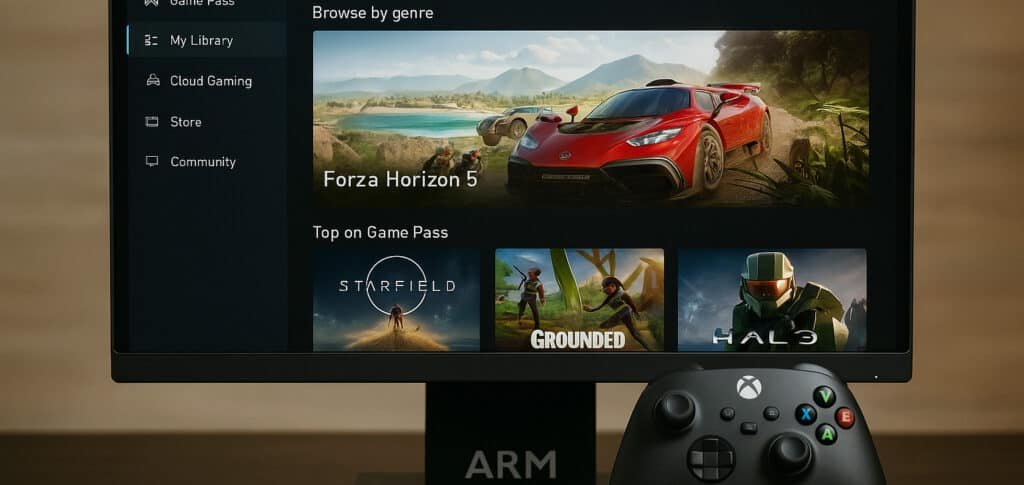Technological plateau is real, says former PlayStation executive Shawn Layden, arguing that the industry’s hardware innovation has peaked. As gaming tech sees diminishing returns, he urges a shift toward affordability, simplicity, and creative game content.
The Limits of Hardware Evolution
Shawn Layden declares we’ve reached a technological plateau in gaming, noting that the hardware progress—from 2D to 3D graphics, HD, and online play—once felt revolutionary, but today’s upgrades are nearly imperceptible to most players. He emphasized that differences like 90 fps versus 120 fps are “only dogs can hear the difference,” signaling the end of flashy spec wars.
Layden warned that pushing slightly better hardware—including ray-tracing and minor frame rate enhancements—is yielding questionable value for both gamers and the industry. In his view, the industry is now facing the consequences of this technological plateau, where returns are small while costs keep climbing.
Affordability Over Specs
Instead of costly, complex upgrades, Layden called on hardware makers to “make it cheaper and simpler.” By reducing hardware complexity, the market could become more inclusive and sustainable, preventing the constant inflation of production costs and game prices.
Gamers themselves are also voicing frustration over ballooning console and PC prices, with many choosing to hold on to older systems longer. Layden’s message resonates with this sentiment: technology should empower, not gatekeep, and affordability is now a key driver of adoption. He argued that the current technological plateau could be turned into an opportunity if affordability becomes the industry’s true innovation.
Content as the Real Differentiator
He highlighted a shift in focus: “We need to compete on content,” not teraflops or cutting-edge hardware. The former exec praised “AA” games like Clair Obscur: Expedition 33 as refreshing alternatives to bloated AAA projects. These mid-tier productions often bring creativity and diversity that appeals to modern players.
This echoes broader industry discussions, where analysts note that titles like Minecraft and indie games succeed not through visuals, but through creative design and community, while some of the best visuals date back years. As the technological plateau becomes more visible, it is content, not hardware, that defines the difference between a forgettable release and a cultural phenomenon.
The rise of subscription services such as Xbox Game Pass and PlayStation Plus further underscores this shift. In a plateaued tech environment, the true value proposition for gamers is not the hardware spec sheet but the catalog of content and experiences available at their fingertips. For more insights on gaming developments, visit our Gaming section.

A Changing Industry Landscape
Layden’s concerns extend to the oversized structure of major publishers, which grew rapidly during the pandemic only to be hit with layoffs. He suggested that such expansion is unsustainable and that the industry’s future lies in leaner models and diverse voices.
He also raised doubts about Microsoft’s ongoing role in dedicated hardware, drawing parallels between Xbox’s strategy and Sega’s post-Dreamcast exit from the console market. If the hardware no longer drives the narrative, platform holders may be forced to rethink their positions entirely.
Meanwhile, PC gaming continues to absorb innovation at a faster rate, with handheld systems like the Asus ROG Ally or Steam Deck delivering premium experiences in portable form. Even here, however, diminishing returns are evident: the gap between these handhelds and traditional rigs is narrowing, making design and usability more decisive than raw horsepower. In other words, the technological plateau affects not just consoles, but the broader gaming ecosystem.
The Future Role of AI in Gaming
While hardware is plateauing, artificial intelligence could become the next true disruptor. AI-driven NPC behavior, procedural world-building, and adaptive storytelling offer possibilities that go far beyond the incremental boosts of frame rates or pixel counts. Layden hinted that innovation in software, not silicon, is what will define the next decade.
Studios already experimenting with AI-driven tools are finding that costs can be lowered and creativity expanded. This could give small and mid-tier developers the means to deliver groundbreaking experiences even without blockbuster budgets. It could also ensure that, despite the technological plateau, games continue to feel fresh and innovative.
How to Make the Most of the Technological Plateau
1. Embrace AA and indie titles that focus on creative, varied experiences rather than technical flair.
2. Prioritize making games accessible—price-friendly and easier to develop.
3. Shift marketing from spec contests to highlighting unique storytelling and gameplay philosophy.
4. Support smaller studios and diverse voices to counterbalance mega-budget projects.
5. Explore AI-driven development tools to break the cycle of escalating costs and stagnating ideas.
6. Promote cross-platform ecosystems that highlight accessibility and social play over technical boundaries.
7. Treat the technological plateau as a chance to reset expectations, and put creativity ahead of marginal graphical upgrades.
Final Thoughts
The concept of a technological plateau does not mean the end of gaming’s evolution—it signals a shift. If hardware has slowed, then creativity, affordability, and accessibility must speed up. Layden’s remarks serve as a wake-up call for publishers and platform holders: the future belongs to those who invest in experiences, not just machines. For players, it may mean a new golden age of diverse games that reach beyond graphical fidelity to deliver stories, communities, and worlds that feel truly alive.
Ultimately, the plateau may free the industry from its obsession with specs, allowing gaming to return to its roots: fun, imaginative, and accessible to all. In that sense, the current technological plateau could be remembered not as a crisis, but as the turning point that brought balance back to gaming.
Source: GamesRadar
Did you enjoy the article?
If yes, please consider supporting us — we create this for you. Thank you! 💛



